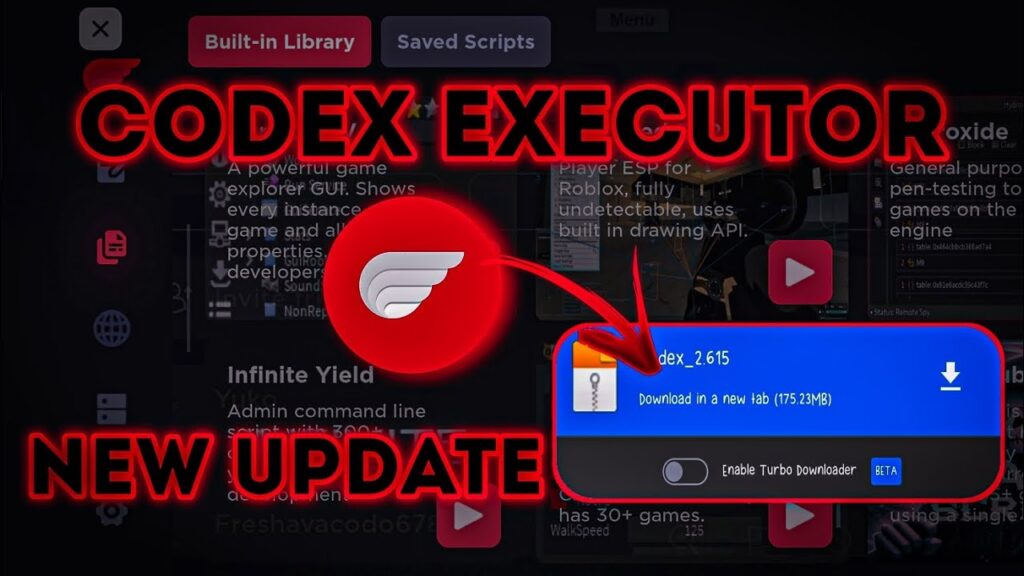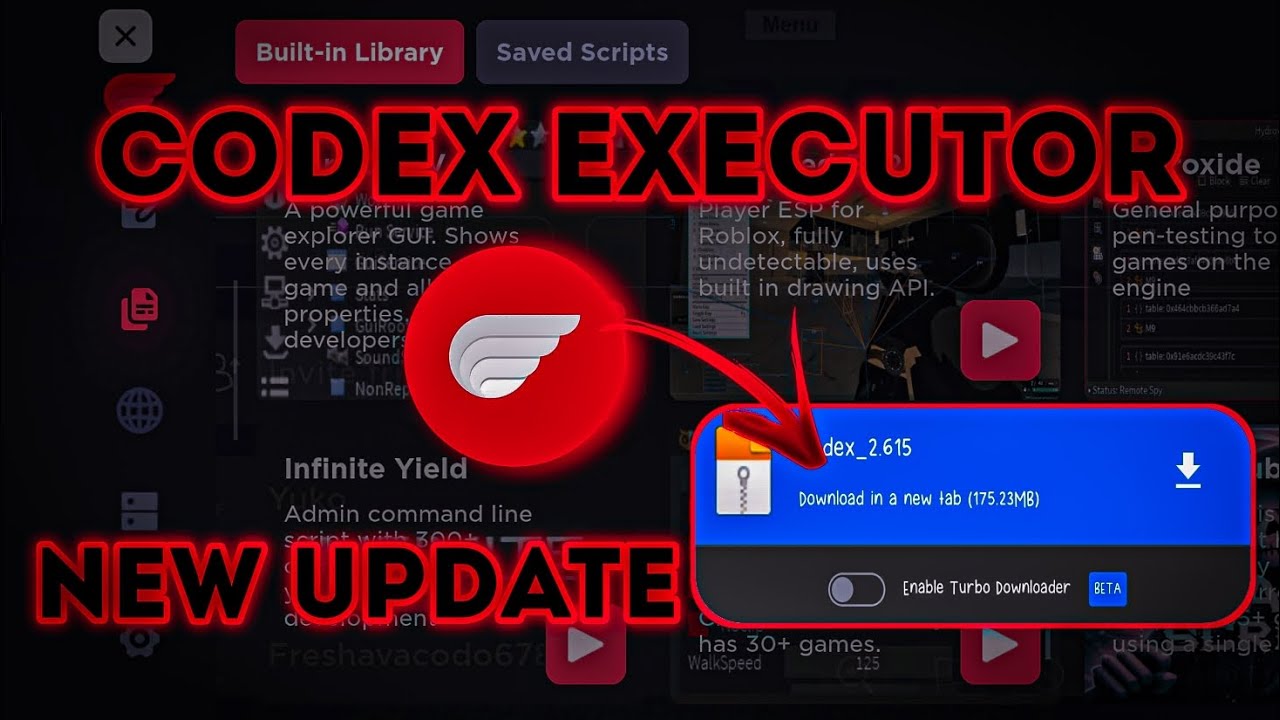
Unlocking the Power of Code Executors: A Comprehensive Guide
In today’s rapidly evolving technological landscape, the ability to execute code efficiently and securely is paramount. Whether you’re a seasoned developer, a data scientist, or an educator, understanding the ins and outs of a code executor is crucial for maximizing productivity and innovation. This comprehensive guide will delve into the world of code executors, exploring their functionalities, benefits, use cases, and security considerations.
What is a Code Executor?
At its core, a code executor is a software component or platform that allows users to run code snippets or entire programs in a controlled environment. Think of it as a virtual laboratory where you can experiment with different programming languages, algorithms, and libraries without the risk of disrupting your primary system. Code executors come in various forms, ranging from simple online interpreters to sophisticated cloud-based platforms.
Types of Code Executors
The landscape of code executors is diverse, catering to a wide range of needs and use cases. Here’s a breakdown of some common types:
- Online Interpreters: These are web-based tools that allow you to execute code snippets directly in your browser. They are often used for quick testing, learning new languages, or sharing code examples. Examples include online Python interpreters, JavaScript sandboxes, and IDEs.
- REPLs (Read-Eval-Print Loops): REPLs provide an interactive environment where you can enter code commands, execute them, and see the results immediately. They are popular among developers for rapid prototyping and debugging.
- Virtual Machines (VMs): VMs create isolated environments that mimic physical computers. They can run entire operating systems and provide a high degree of isolation, making them suitable for executing untrusted code or running applications with specific dependencies.
- Containers: Containers, such as Docker, offer a lightweight alternative to VMs. They package applications and their dependencies into isolated units, making them easy to deploy and scale. Code executors leveraging containers are often used in cloud environments.
- Cloud-Based Platforms: These platforms provide a comprehensive environment for developing, deploying, and executing code in the cloud. They typically offer features such as version control, collaboration tools, and automated scaling.
Benefits of Using a Code Executor
Employing a code executor offers a multitude of advantages, including:
- Enhanced Security: By running code in an isolated environment, code executors minimize the risk of malicious code affecting the host system. This is particularly important when dealing with untrusted code or external libraries.
- Improved Productivity: Code executors streamline the development process by providing a convenient way to test and debug code. They eliminate the need to set up complex development environments locally, saving time and effort.
- Cross-Platform Compatibility: Many code executors support multiple programming languages and operating systems, allowing you to run code regardless of your platform.
- Simplified Collaboration: Online code executors facilitate collaboration by allowing developers to easily share code snippets and work together on projects in real-time.
- Educational Value: Code executors are invaluable tools for learning programming. They provide a safe and accessible environment for experimenting with code and exploring different concepts.
Use Cases for Code Executors
The applications of code executors are vast and varied. Here are some notable examples:
- Software Development: Developers use code executors to test code, debug errors, and experiment with new technologies.
- Data Science: Data scientists leverage code executors to run statistical analyses, train machine learning models, and visualize data.
- Education: Educators use code executors to teach programming concepts and provide students with hands-on coding experience.
- Web Development: Web developers use code executors to test JavaScript code, validate HTML, and experiment with CSS.
- Security Auditing: Security professionals use code executors to analyze code for vulnerabilities and assess the risk of malicious attacks.
- Automated Testing: Continuous Integration and Continuous Delivery (CI/CD) pipelines often rely on code executors to automatically run tests and validate code changes.
Security Considerations When Using Code Executors
While code executors offer enhanced security, it’s crucial to be aware of potential risks and take appropriate precautions. Here are some key security considerations:
- Resource Limits: Implement resource limits to prevent malicious code from consuming excessive resources, such as CPU, memory, and disk space.
- Sandboxing: Employ sandboxing techniques to restrict the capabilities of the executed code, preventing it from accessing sensitive system resources or network connections.
- Input Validation: Carefully validate all input data to prevent injection attacks, such as SQL injection or cross-site scripting (XSS).
- Regular Updates: Keep the code executor and its underlying components up-to-date with the latest security patches to address known vulnerabilities.
- Monitoring and Logging: Monitor the code executor’s activity and log all relevant events to detect and respond to suspicious behavior.
Choosing the Right Code Executor
Selecting the appropriate code executor depends on your specific needs and requirements. Consider the following factors when making your decision:
- Programming Languages: Ensure that the code executor supports the programming languages you intend to use.
- Security Features: Evaluate the security features offered by the code executor, such as sandboxing, resource limits, and input validation.
- Performance: Assess the performance of the code executor, particularly if you plan to run computationally intensive tasks.
- Ease of Use: Choose a code executor that is easy to use and integrates well with your existing workflow.
- Scalability: If you anticipate a high volume of code executions, select a code executor that can scale to meet your demands.
- Cost: Consider the cost of the code executor, including licensing fees, infrastructure costs, and support costs.
Examples of Popular Code Executors
Several popular code executor options are available, each with its own strengths and weaknesses. Some notable examples include:
- JDoodle: An online IDE and code executor that supports a wide range of programming languages.
- Repl.it: A collaborative online IDE and code executor that is popular among educators and students.
- Docker: A containerization platform that allows you to package and run applications in isolated environments.
- AWS Lambda: A serverless computing service that allows you to run code without provisioning or managing servers.
- Google Cloud Functions: A serverless computing service similar to AWS Lambda.
The Future of Code Execution
The field of code execution is constantly evolving, driven by advancements in cloud computing, virtualization, and security technologies. We can expect to see more sophisticated code executors emerge in the future, offering enhanced security, performance, and scalability. Serverless computing is likely to play an increasingly important role, allowing developers to focus on writing code without worrying about infrastructure management. Furthermore, the integration of artificial intelligence (AI) and machine learning (ML) will enable code executors to automatically optimize code performance and detect security threats.
Conclusion
Code executors are indispensable tools for developers, data scientists, educators, and anyone who needs to run code securely and efficiently. By understanding the different types of code executors, their benefits, and their security considerations, you can leverage these powerful tools to enhance your productivity, foster innovation, and mitigate risks. As the technological landscape continues to evolve, the importance of code executors will only grow, making it essential to stay informed about the latest trends and best practices. The ability to safely and reliably execute code is a cornerstone of modern software development and a critical enabler of countless applications across various industries. Whether you are using an online interpreter for quick testing or a cloud-based platform for large-scale deployments, the power of a code executor is undeniable. [See also: Best Practices for Secure Code Execution] [See also: Comparing Cloud-Based Code Execution Platforms]

